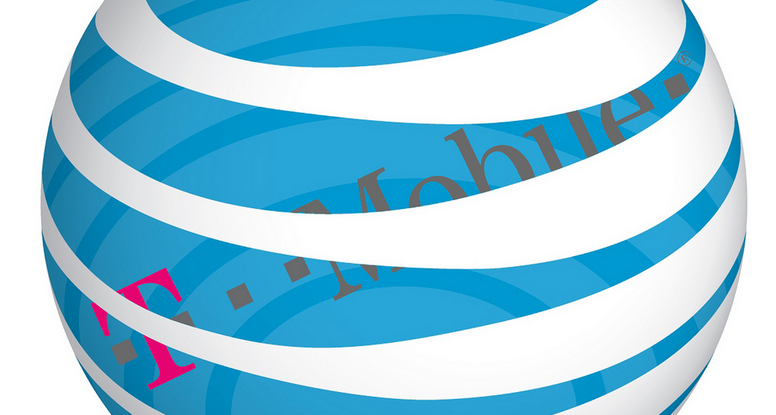DOJ’s Antitrust Chief: Decision To Block AT&T/T-Mobile Deal Has Helped Consumers
In prepared remarks [PDF] for a presentation to the New York State Bar Association, Assistant Attorney General Bill Baer says that since the planned AT&T/T-Mobile merger came to an abrupt end in 2011, “competition in the wireless sector has flourished and consumers have benefitted.”
Taking the money and spectrum it received as a consolation prize from AT&T for not being able to make the merger happen, T-Mobile invested in improving its network and rethinking its position in the wireless marketplace, explains Baer.
“It then made a series of moves to offer cheaper and better customer contracts, including offering plans without annual contracts and selling Apple’s iPhone 5 on better terms than the competition,” he writes. “Just this month, T-Mobile announced a deal with Verizon Wireless to acquire additional spectrum. And T-Mobile recently offered to pay the early termination fees of its competitors’ customers, if they switch to T-Mobile… These moves are paying off. T-Mobile announced gaining 648,000 wireless subscribers in the third quarter of 2013 — its second straight quarter of subscriber growth — besting both AT&T and Sprint.”
And though T-Mobile is the smallest of the four major wireless players, these changes have had a ripple effect throughout the industry, claims Baer:
“Pushed by T-Mobile, the competition has responded. Sprint began offering unlimited plans with aggressive prices and innovative service arrangements. AT&T recently offered T-Mobile customers a $200 credit, plus money for smartphone trade-ins, to switch. And, after T-Mobile announced a plan which allows subscribers to trade in their handsets for an upgraded model twice a year, AT&T, Verizon and Sprint all announced plans that allow customers to upgrade more often. Competition today is driving enormous benefits in the direction of the American consumer.”
Of course, Baer’s comments come at a time when Sprint — and more precisely Japanese wireless company SoftBank, which owns a large chunk of Sprint — is reportedly pursuing an acquisition of T-Mobile, presumably under the notion of both bolstering its own subscriber base while eliminating a pesky competitor.
Sprint reps have reportedly met with DOJ officials in recent weeks and rumors are that the administration is not exactly keen on seeing T-Mobile vanish from the marketplace.
Baer’s comments don’t address this situation directly, but there is a portion where he speaks of takeover attempts where the larger company had assumed the merger would be approved with a handful of concessions to help smaller players in the market.
“I have seen some companies and their advisors assume the antitrust agencies will approve a problematic deal so long as the parties offer up a fig-leaf asset divestiture or an unworkable conduct remedy,” he recalls. “Often in horizontal mergers the strategy seems to be to eliminate a big rival while proposing a remedy that allows for a small rival or new entrant with limited resources to nip at the heels of the few remaining big players. Experience, our past antitrust enforcement, and our merger guidance should put companies on notice that this strategy is unlikely to succeed.”
Baer once again points to the AT&T/T-Mobile bid, in which the larger company had to fork over a “massive break-up fee” when the deal fell through.
He also cites Anheuser-Busch InBev’s recent acquisition of Grupo Modelo, in which ABI “apparently thought it could acquire a leading U.S. rival by offering up some modest concessions,” but had to divest all of Grupo Modelo’s participation in the U.S. market, “including a state-of the-art Mexican brewery that will be built-out to supply anticipated growth in U.S. demand.”
Want more consumer news? Visit our parent organization, Consumer Reports, for the latest on scams, recalls, and other consumer issues.


